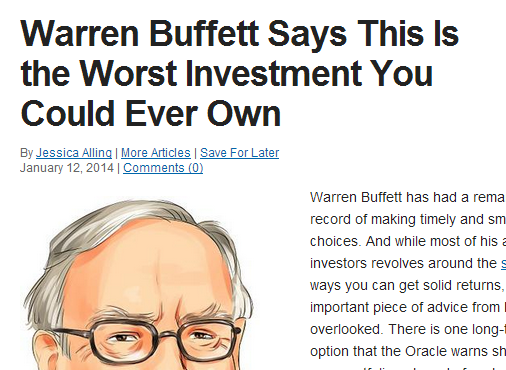 JP Morgan Chase and Company is an international banking and financial service holding company. Employees of the company engaged in a series of trades in April and May of 2012 that generated about $6 billion in losses. By the company I mean investors who entrusted their hard-earned savings with JP Morgan Chase.
JP Morgan Chase and Company is an international banking and financial service holding company. Employees of the company engaged in a series of trades in April and May of 2012 that generated about $6 billion in losses. By the company I mean investors who entrusted their hard-earned savings with JP Morgan Chase.
Now, a year and a half later the company has agreed to pay a fine of $920 million to various government regulatory commissions in the United States and England.
What’s it all about? I’m sure I don’t understand it completely, or even mostly, but I’ll do my best to explain what I do understand and my problem with the fine. Yep, I think the fine was unjustified.
After the financial crisis of 2007 and 2008 the governments of England and the United States decided that a big part of the problem was banks behaving in dangerous ways. When banks take on very risky propositions they can lose the money of all their investors, they cost investors their life savings, their homes. They do damage to the economies of their countries which hurts people who had no investment with the banks. Your retirement money was lost even though you did nothing wrong. Too big to fail. Bailout, TARP, trillions of your tax-dollars spent to keep these institution afloat <—– (seriously, follow that link and read).
The governments of the United States and Great Britain passed rules about risky behavior. JP Morgan covered up violations of these rules and even went as far provide false information to the government about the trades in April and May of 2012.
With all this you might wonder why I think the fine unjustified. If a bank wants to make dangerous investments, that’s their business. If they lose $6 billion dollars that means other investors gained $6 billion dollars. Why should the government be involved unless the trades were criminal in nature?
Oh, yes, some of the trades were criminal in nature. Many of the trades were made simply to generate revenue for the people who worked for JP Morgan. I say arrest them. There are laws about larceny, let’s enforce them. The same during the original financial crisis with what were predatory loans. Loans designed to deceive the person signing the papers by increasing interest rates immediately after the purchase. Arrest the lawyers who wrote the language into the loans. Arrest the bankers who talked people into taking the loans. Fraud is a crime.
Arrest the real estate agent who bribed the home inspector to give an inflated price on the house. Arrest the home inspector. These are crimes and this is where the government should be involved.
What happens instead is regulations that do little good in the long-run while the actual criminals walk off with the money. Do we think such criminals will think twice before stealing again? That others won’t be attracted to the easy money? My easy money? Your easy money?
Do you think average home inspectors would continue to give out false pricing guidelines after a few hundred were sentenced to hard time in prison? The average real estate broker? Your average loan agent? Would a lawyer write deceptive language into a contract if he or she faced ten years in a federal penitentiary.
If you write a contract designed to deceive … jail. If we did that how long do you think before your phone bill became less complex?
The reason we don’t is because the phone companies, banks, and other enterprise businesses paid for your representative’s campaign, vacation, gave family members jobs, and much more. It’s simple bribery and that’s a crime also. Every single elected official in our government is guilty of taking bribes, every one.
Instead of arresting people the government and industry just play a shell-game with your money, with my money.
If you run a bank into the ground, tough luck. The bank closes and another, better run, one gets bigger with all that money. In the end this helps average people because even if your bank fails, another, better bank picks up the loan.
That will change the way financial institutions are run. This $920 million fine isn’t what forces a change.
The $6 billion JP Chase lost? That forced them to reevaluate the way they do business. They fired the people involved, the government is building cases against some of them. An excellent result. No fine necessary, in fact, the fine really comes out of the pocket of investors, not criminals.
I’m out-of-order? You’re out-of-order! The whole system is out-of-order!
Sword and Sorcery fantasy with a Libertarian Twist
Current Release: The Sword of Water ($2.99 for a full length eNovel)
Upcoming Release: The Spear of the Hunt
 Motley Fool once again rises to the top of the weekly heap with what is truly a stupid headline but for different reasons than usual.
Motley Fool once again rises to the top of the weekly heap with what is truly a stupid headline but for different reasons than usual. JP Morgan Chase and Company is an international banking and financial service holding company. Employees of the company engaged in a
JP Morgan Chase and Company is an international banking and financial service holding company. Employees of the company engaged in a